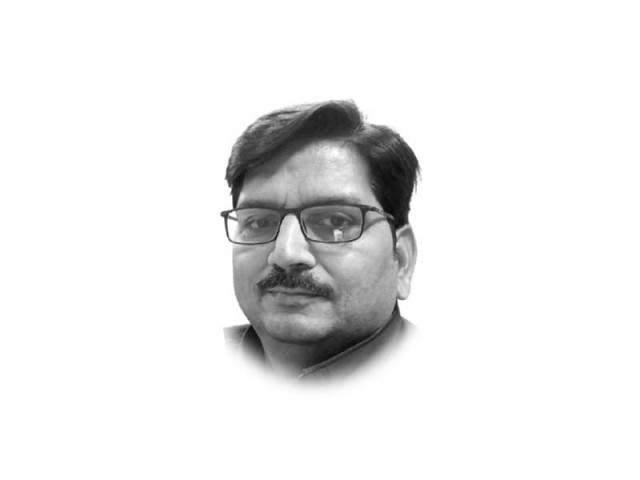Age of ill-founded generalisations
The generalisations don't pop up out of nowhere

We are living in a world of ill-founded generalisations. Generalisations are our judgemental, aphoristic and summarised assessments of people or circumstances. They are mostly churned in haste, satisfying our inner cathartic or vengeful cries. They are also forged in the smithy of slothful minds who shirk viewing anything as relative. Being closed to possibilities leads one to generalise. Generalisations is also the arsenal of propagandist cultures.
"My name is Khan and I am not a terrorist" is a defiant thesis statement of a Shahrukh Khan movie, My Name is Khan, against the broad-brush propaganda painting all the Muslims, particularly with the generic name Khan, as terrorists.
The generalisations don't pop up out of nowhere. There are always contributions of the species being generalised. In one of Aesop's fables, the shepherd boy is labelled for crying wolf as "once a liar, always a liar". So, whosoever cries wolf is called a liar; all liars can be humans, but to label all humans as liars sounds misanthropic.
Generalisations are also based on fears – fears of threats to existence, supremacy and hegemony. The Muslim countries developing and having nuclear weapons are branded as a threat to the US and its allies despite the fact that they themselves are nuclear hegemons defying all the UN nonproliferation resolutions. North Korea and Israel possessing nuclear capability are not considered as menacing to world peace as Iran which, even American analysts predict, is years behind in achieving nukes.
It is said that generalisations without examples and examples without generalisations are useless. Whether it is education, politics or public discourse, communication remains infertile when one is offered without the other. The nuptial bond between the two births healthy understanding, intellectual persuasion and ideological clarity.
Oversimplifying students' behaviour into binary terms (intelligent or obtuse) ignoring neurodiversity is common in our educational institutions. Kierkegaard says, "Once you label me, you negate me." Our teaching is devoid of contextual examples, hence fails to inspire students.
Generalisations are handy go-to statements for politicians. At talk shows and pressers, generalisations are used as off-ramps to avoid pointed questions and blunt replies. When people run out of arguments, they generalise. The failure to substantiate generalisations causes mistrust. In science, a theory (generalisation) must stand the test of experiments and observations (examples).
At the crossroads of world crises, the generalisations are the fence sitters' choice. Instead of taking sides and doing something practically, statements of condemnation and support are issued as policy statements. We heard this lip service at the Israeli genocide of Palestinians and its unprovoked attacks on Iran.
In written outpourings, generalisations make the writing abstract. Examples are actually stories – the time-tested means to better communicate, understand and retain information. An idea becomes palpable when it is embodied. When a writer doesn't show but tells, his writing goes abstract.
Our politicians are well-known for showcasing their flagship achievements. The public must not be befooled by the cherry-picked examples as one swallow doesn't make a summer. The public can differentiate between a well-annealed generalisation and a manipulative one by observing the consistent performance of their representatives.
The gap between a generalisation and examples bespeaks of craft and hypocrisy. In the realms of morality and ethics, the gap becomes the acid test for one's character and charisma. In our political discourse, a line is drawn between a leader's personal and public life. If his public persona is taken as a generalised life statement, his personal life stands for the telltale examples.
The unparalleled yardstick to assess a leader is the life of the last Prophet of Allah, Hazrat Muhammad (PBUH and his progeny). All the biographers of his life concur that there was no discord between his personal and public life. In Mohsin-e Insaniyet, the biographer writes on page 120: "The greater the gap between a person's private and public life, the lower their true status."
[Disclaimer: the space here necessitates generalisations]















COMMENTS
Comments are moderated and generally will be posted if they are on-topic and not abusive.
For more information, please see our Comments FAQ